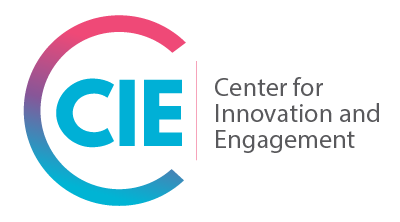These interventions have been proven effective in engaging people with HIV who are not receiving HIV care or who are at risk of falling out of care. Each summary outlines the intervention components, outcomes, cost information (where available), and known challenges and solutions. Supplementary resources, such as publications and job aids, are also included.
Compendium of Evidence-informed Approaches to Improving Health Outcomes for People Living with HIV

TAVIE Red is a mobile application that utilizes gamification to increase health and psychological self-management and assists case managers with connecting with clients.

Tailored service delivery model including increasing access to supportive services and the provision of HIV care services in community settings.

Culturally and linguistically appropriate treatment and services to retain Hispanic/Latinx people in HIV care

A group-based intervention for cisgender youth, 16- to 24-years old, to improve engagement in HIV care

A clinic-based mobile app to promote linkage to and engagement in HIV care by connecting clients to a virtual local community

Motivational Interviewing reimagined for youth with new HIV diagnoses to ultimately improve retention in HIV care

Combines clinic and health department surveillance data to identify and re-engage people with HIV who are out of care

HIV screening of all 16 and older emergency department patients who have an IV line inserted and blood drawn

Case management to promote healthy behaviors among people with HIV post-incarceration

An innovative model that links youth to the care step of the HIV care continuum

A clinical decision support system that generates alerts in EMRs and improves appointment follow up

On-site buprenorphine treatment guided by an experienced HIV physician trained in MI techniques

A client-centered, resiliency-based model to link newly diagnosed individuals to HIV care

A real-time data to care program to identify and re-engage people with HIV in care

An initiative designed to link people newly diagnosed with HIV to care and treatment within 72 hours

Rental assistance, housing placement assistance, or supportive permanent housing for low-income persons with HIV

A client-focused, personalized, Incremental Risk Reduction approach to improve linkage and retention in care among people leaving correctional facilities

A data to care (D2C) program that aims to increase retention in care and viral suppression among people with HIV by using prescription refill information to decrease the length of time between refills and reduce antiretroviral therapy (ART) interruption.
